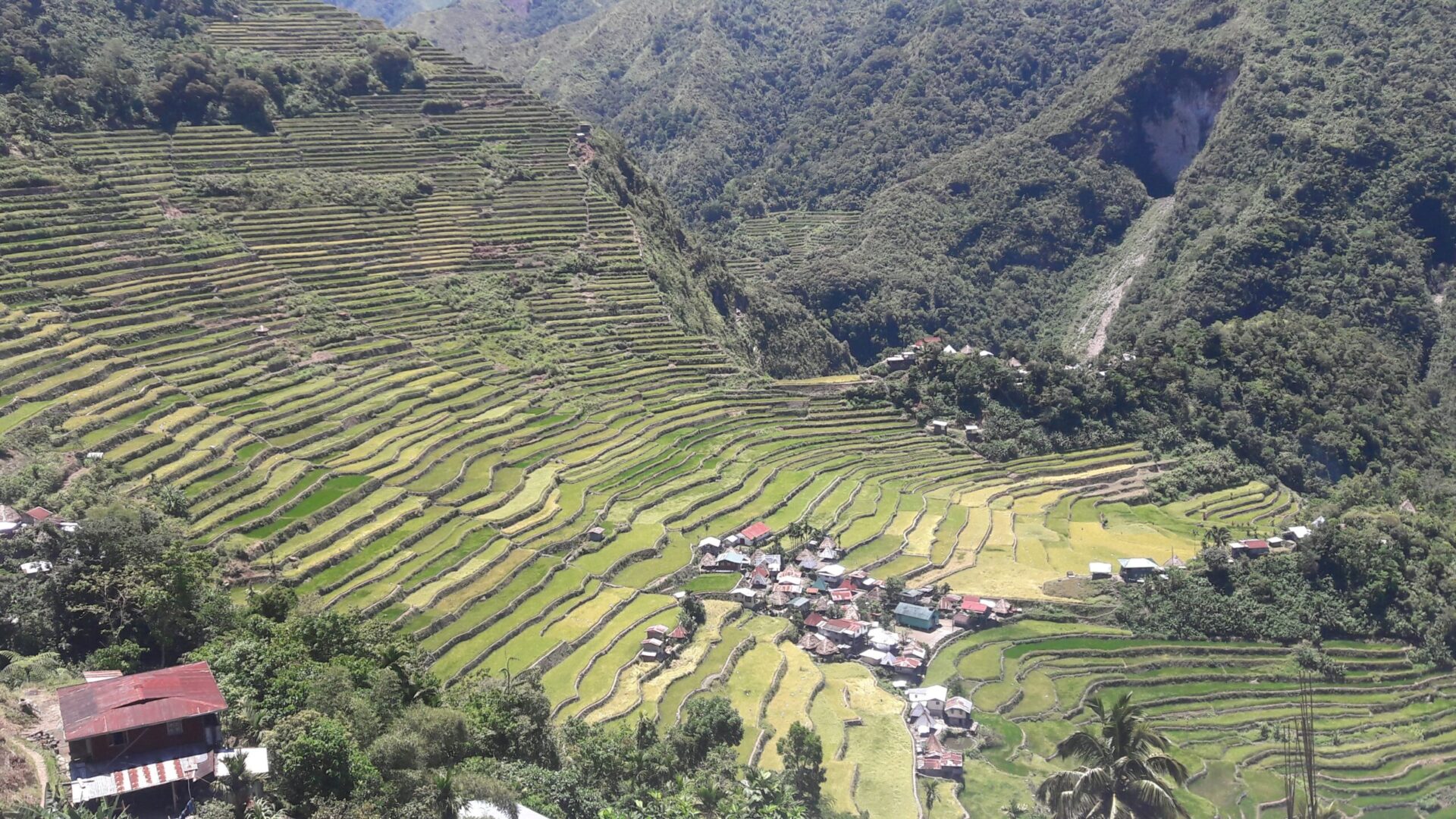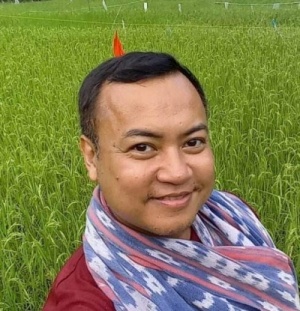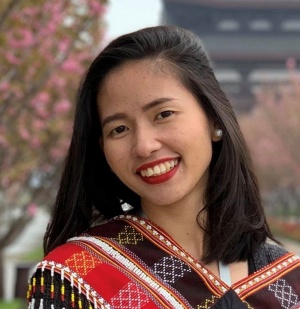

About this talk
Interestingly, the so-called b’faluy is one of the very few enduring styles of Philippine Cordillera montane architecture. Its environmentally-responsive design makes it a prime example of vernacular architecture which evolved with the rice-growing cultural landscape. However, the advent of modern architecture, climate change, and landscape conversion threatens the existence of these traditional granary houses. With growing families and little buildable land, people in the area opt to knock down their b’faluys and replace them with typical cement houses. Variations in weather patterns and the clearing of forests for agriculture have also resulted in shortages of materials used for constructing these traditional wooden houses. The speaker’s research and advocacy work since 2007 at the Batad Kadangyan Ethnic Lodges Project in the town of Banaue has brought about several successful adaptive b’faluy restorations and many learned lessons. The rethinking of the b’faluy demonstrates how vernacular architecture continues to evolve with a cultural landscape that is constantly modified by social movements and climate change.
Speaker & Moderator

Speaker:Raymond Aquino Macapagal
Assistant Professor of the Center for International Studies, University of the Philippines – Diliman. He graduated with a Bachelor of Arts degree in Psychology and completed his first Master’s in Food Culture and Communication at the University of Gastronomic Sciences in Pollenzo. He then did a second Master’s in World Heritage and Cultural Projects for Development at the University of Turin. He has, for the past decade or so, been working to help restore native houses and develop community-based tourism in the UNESCO World Heritage Batad Rice Terrace Cluster in the Philippine Cordilleras. He is currently a Ph.D. Indigenous Studies student at the University of the Philippines – Baguio.

Moderator: Royce Lyssah Malabonga
Lecturer at De La Salle University and St Scholastica’s College in Manila, Philippines. Lyssah’s fields of research and interests are critical heritage studies, indigenous communities, and intangible heritage. She was involved in various cultural research projects and initiatives with international organizations, government institutions, NGOs, and local communities.

This talk is free of charge. Registration is required.
Register Here